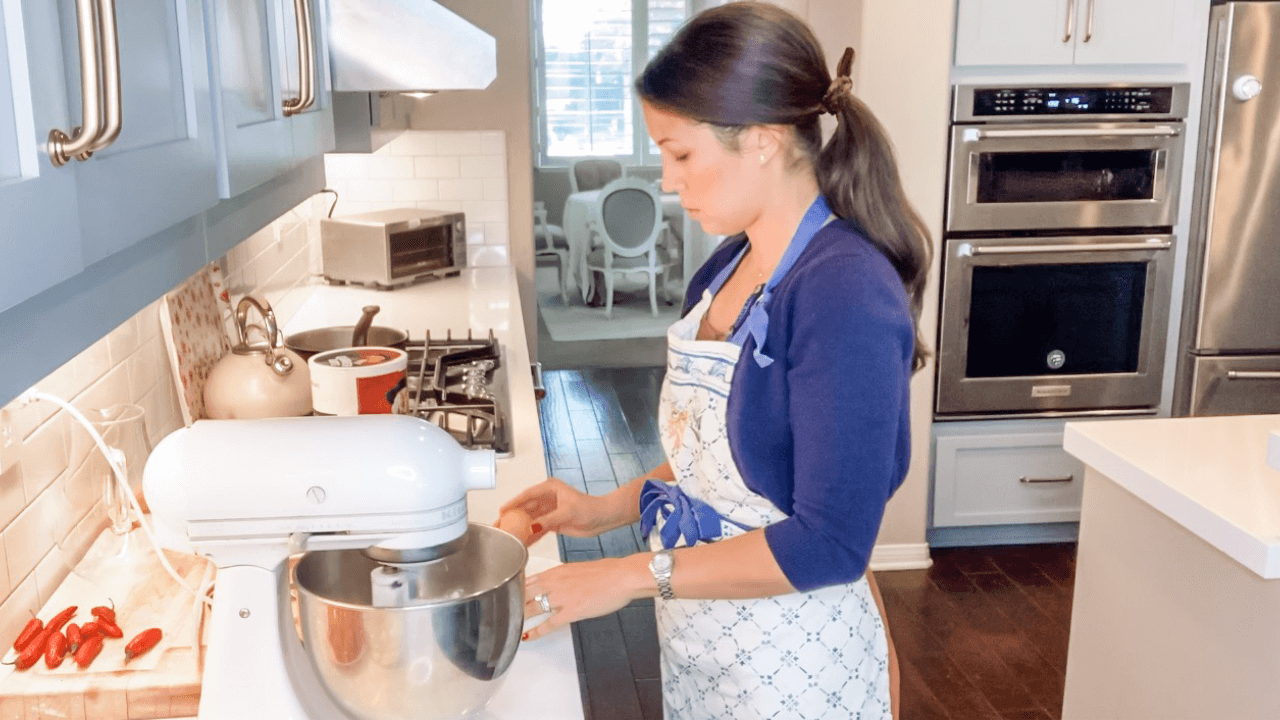
Exploring the Shift from ‘Housewife’ to ‘Homemaker’: Implications for Gender Equality
The transition from being labelled a “housewife” to embracing the term “homemaker” represents more than just a simple linguistic shift. In this exploration, we’ll delve into the nuances of this name change and investigate whether it holds genuine significance in the realm of gender roles, societal perceptions, and personal identity.
1. Historical Connotations of “Housewife”

The term “housewife” has deep-rooted historical connotations associated with traditional gender roles and domestic duties. This section will explore the stereotypes and limitations imposed by the term, shedding light on its impact on women’s identities and societal expectations.
2. Embracing the Term “Homemaker”

In contrast, the term “homemaker” carries connotations of creativity, nurturing, and homemaking skills. Here, we’ll examine how the term “homemaker” seeks to redefine women’s roles within the household and empower them to take pride in their contributions to family life.
3. Challenging Gendered Expectations

The shift from “housewife” to “homemaker” reflects broader societal movements towards gender equality and inclusivity. This section will explore how embracing the term “homemaker” challenges traditional gender norms and promotes a more balanced division of labour within the home.
4. Redefining Domestic Labor

By reframing the role of women in the home as “homemakers,” society acknowledges the multifaceted nature of domestic labour and the importance of creating nurturing and harmonious home environments. We’ll discuss how this redefinition fosters greater appreciation for the emotional and relational aspects of caregiving.
5. Empowerment Through Language

Language shapes our perceptions and experiences, and the shift from “housewife” to “homemaker” signifies a broader cultural shift towards empowerment and self-assertion for women. This section will highlight the significance of language in challenging societal norms and promoting gender equality.
Conclusion, while the transition from “housewife” to “homemaker” may seem subtle, it represents a profound shift in societal perceptions of women’s roles within the home. By embracing the term “homemaker,” women reclaim agency over their identities and challenge outdated stereotypes, paving the way for greater gender equality and empowerment.
FAQs (Frequently Asked Questions)
Q. What motivated the shift from “housewife” to “homemaker”?
The transition reflects broader societal movements towards gender equality and inclusivity, aiming to redefine traditional gender roles and empower women within the domestic sphere.
Q. Does the change in terminology impact societal perceptions of women’s roles in the home?
Yes, embracing the term “homemaker” challenges traditional stereotypes and promotes a more balanced and inclusive understanding of women’s contributions to family life.
Q. Are there any drawbacks to using the term “homemaker” instead of “housewife”?
While the term “homemaker” carries empowering connotations for many women, some critics argue that it may perpetuate gendered expectations and overlook the diversity of women’s experiences within the home.
Q. How can language empower women and challenge societal norms?
Language plays a powerful role in shaping perceptions and experiences, and the shift from “housewife” to “homemaker” exemplifies how redefining terminology can empower women and challenge entrenched gender norms.
Q. What role do men play in redefining gendered language and domestic roles?
Men also play a crucial role in challenging traditional gender norms and promoting more equitable divisions of labour within the home. By sharing household responsibilities and supporting their partners’ career aspirations, men contribute to a more balanced and inclusive understanding of domestic life.




